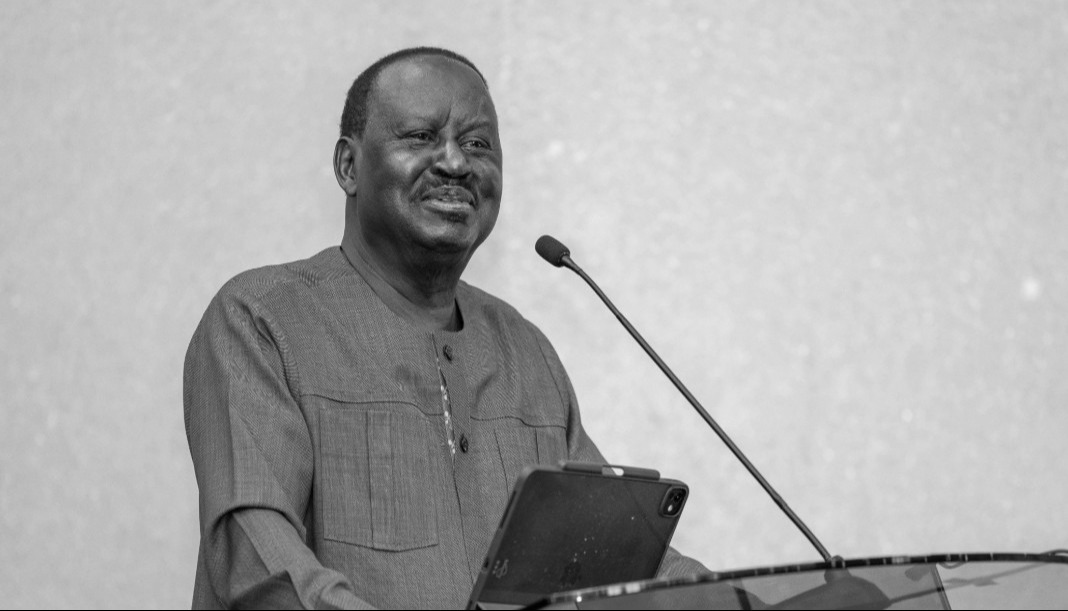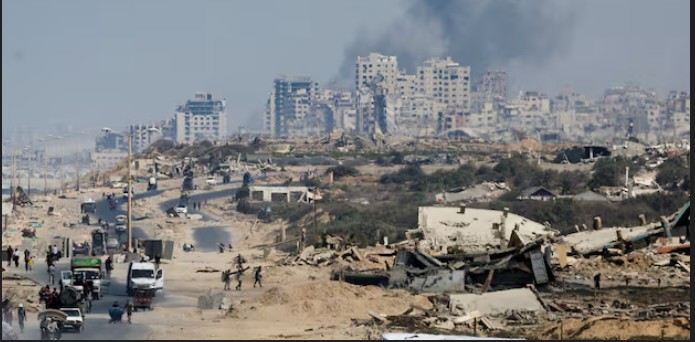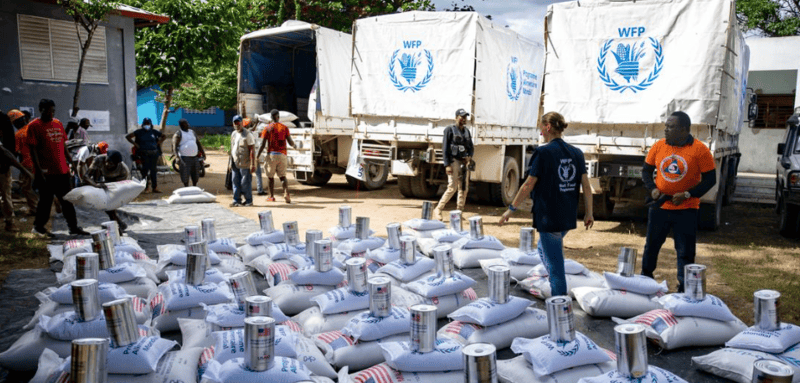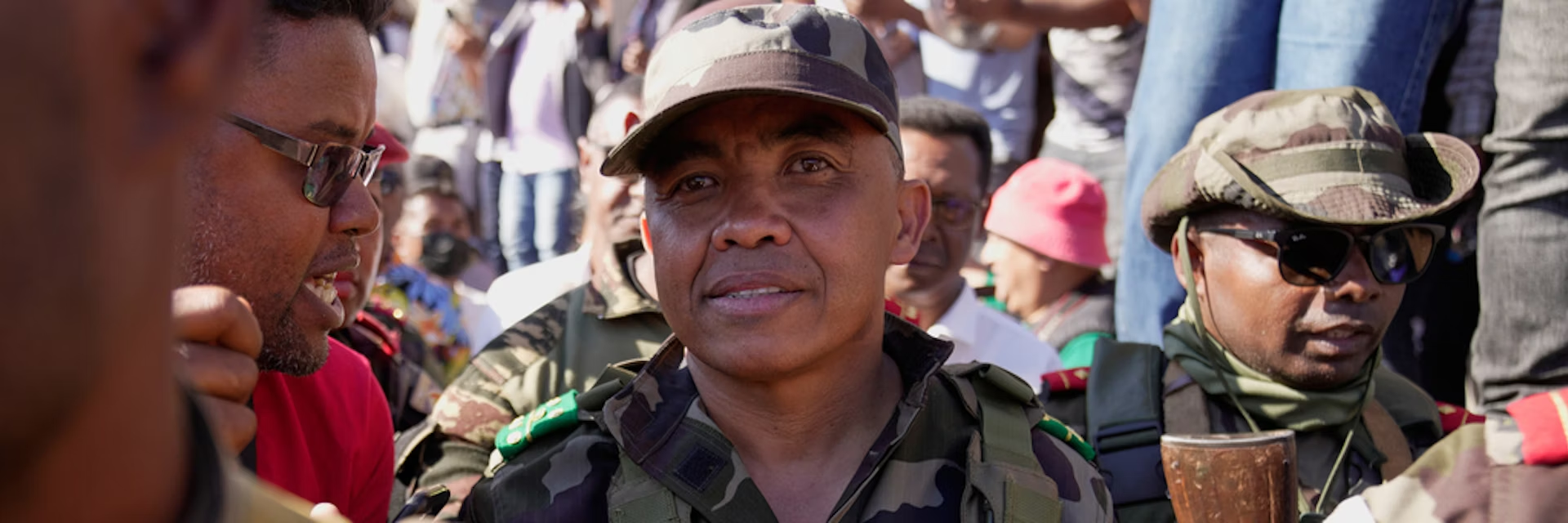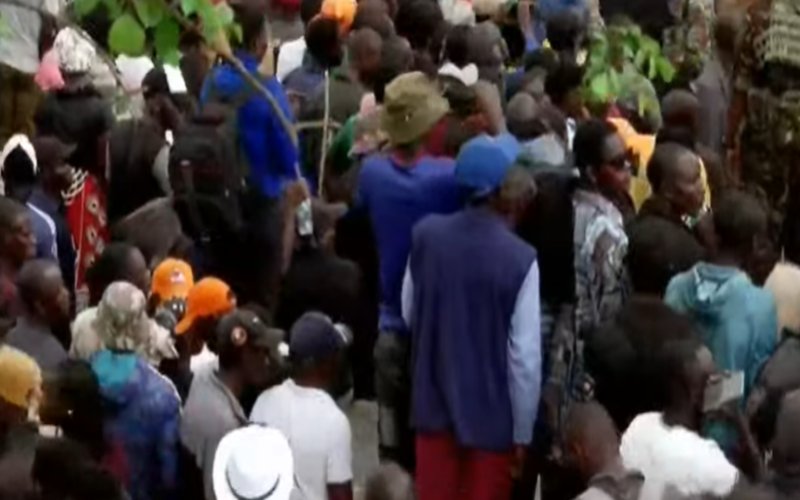Gaza on brink of disaster as fuel shortage threatens life-saving services — UN

They said maternity, neonatal, and intensive care units were failing, ambulances could no longer move, and blocked roads were trapping those in need.
Fuel shortage in Gaza threatens humanitarian operations, UN agencies warn
Gaza is on the verge of a humanitarian disaster as the United Nations raised alarm over a critical fuel shortage that threatens to shut down hospitals, cut off clean water and food supplies, and endanger the lives of more than two million people.
More To Read
- Gaza humanitarian crisis escalates as Israel cuts aid over delayed return of dead hostages
- Over 54,600 children under five acutely malnourished in Gaza, study finds
- South African activists from Gaza-bound flotilla deported by Israel arrive in Jordan
- MSF mourns fifteenth colleague killed in Gaza
- Gaza ceasefire talks advance as Hamas accepts key terms
- MSF suspends medical services amid intensified Israeli offensive in Gaza City
In a joint statement, seven UN agencies said that fuel was the backbone of survival in Gaza. They warned that without enough fuel, essential services such as health care, water, sanitation, and food distribution could collapse completely.
The agencies, OCHA, UNDP, UNFPA, UNOPS, UNRWA, WFP, and WHO noted that without adequate fuel, UN agencies responding to the crisis could be forced to stop their operations entirely.
This, they said, would mean the loss of health services, clean water, and the ability to deliver emergency aid.
"After almost two years of war, people in Gaza are facing extreme hardships, including widespread food insecurity. When fuel runs out, it places an unbearable new burden on a population teetering on the edge of starvation," the UN said.
The agencies highlighted that hospitals were already going dark. They said maternity, neonatal, and intensive care units were failing, ambulances could no longer move, and blocked roads were trapping those in need.
Telecommunications, they added, would soon shut down, cutting off life-saving coordination and leaving families without critical information or contact with one another.
The UN agencies noted that a small amount of fuel had entered Gaza for the first time in 130 days, but stressed that this was far below the amount needed to sustain daily life and aid operations.
“Fuel is essential for survival in Gaza,” the UN agencies said.
“It powers hospitals, water systems, sanitation networks, ambulances, and all humanitarian operations. Fuel is needed to move supplies across the Strip and to run bakeries that feed the population. Without it, these lifelines will disappear for 2.1 million people.”
They raised concerns that if more fuel is not allowed in immediately and consistently, UN operations could be forced to stop altogether. This would mean no health services, no clean water, and no aid for millions already struggling to survive.
The United Nations called for urgent international action to allow fuel into Gaza in sufficient quantities to prevent a complete collapse of life-saving services.
Top Stories Today



